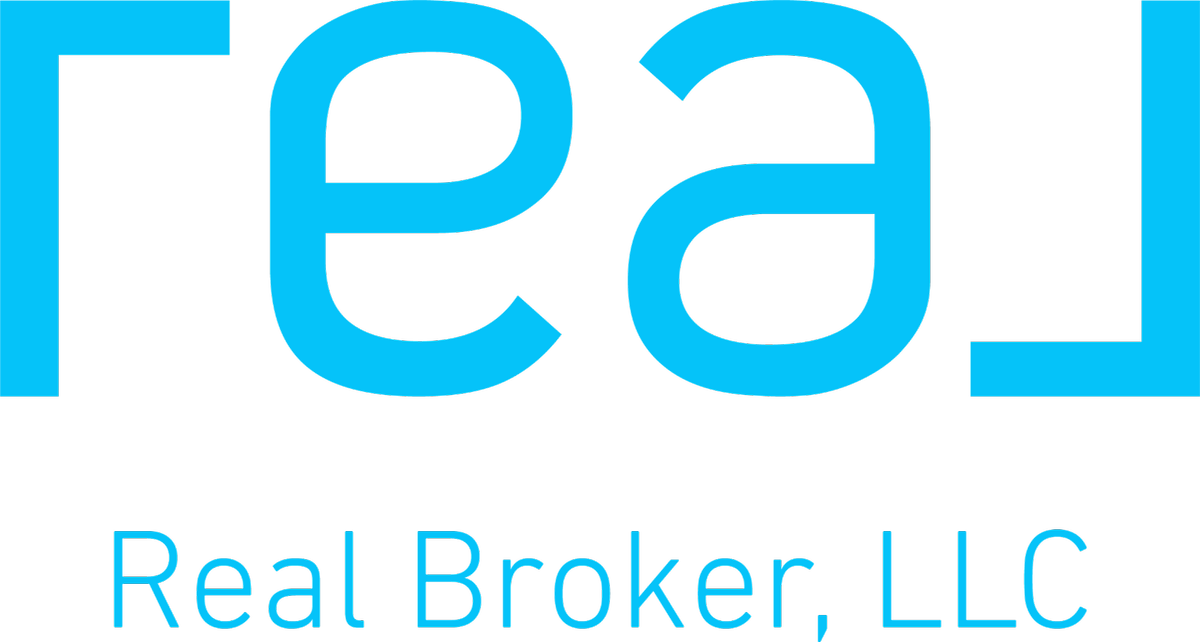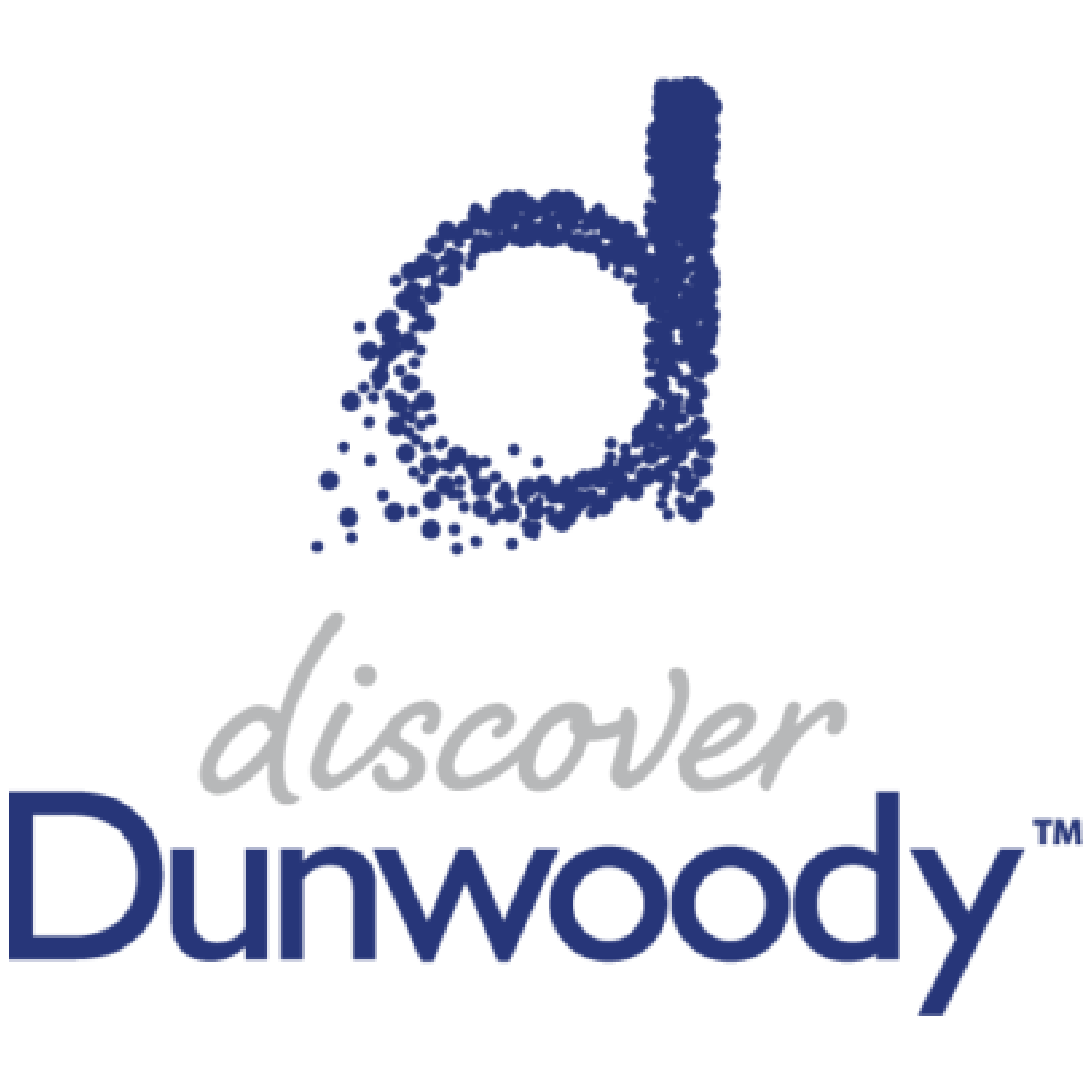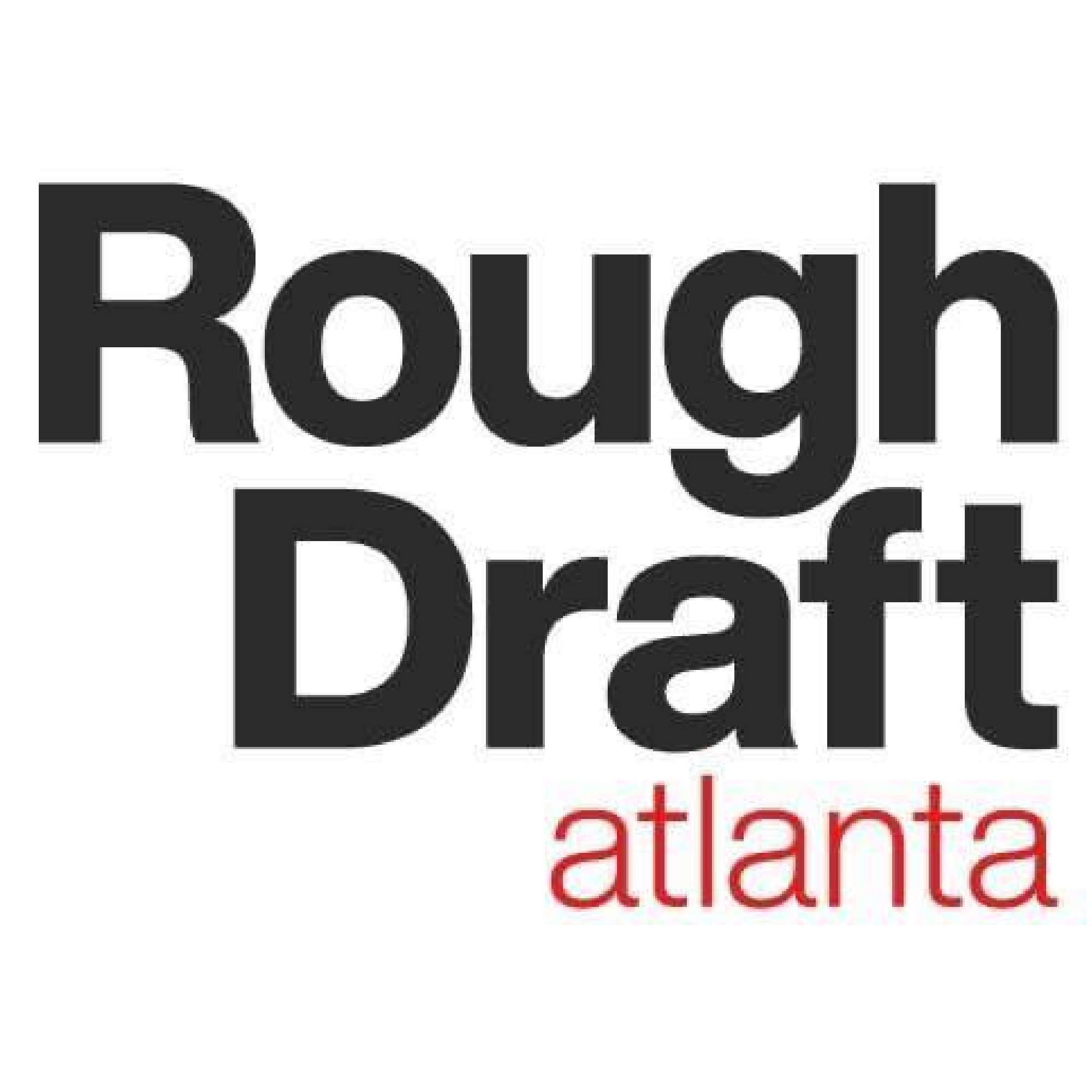Before Dunwoody had a city council, it had the DHA. For decades, the Dunwoody Homeowners Association was the most organized and influential voice in town. It helped shape development, block unwanted commercial growth, and give residents a say in what happened next. Now, Tim Brown is stepping back into leadership with renewed energy after a challenging year. He shares why the DHA still matters, how Dunwoody is evolving, and how the organization will be there to stand up for you when it counts. Check out the DHA website to learn what a $40 membership means for the community and why it should matter just as much as a meal at Tim’s favorite spot, Joey D’s Steakhouse.
Tim Brown on Reviving the DHA: A New Chapter for Dunwoody’s Future
On this episode of What’s Up Dunwoody, brought to you by Dr. Bret Freedman and Village Orthodontics and Discover Dunwoody, Matt Weber sits down with Tim Brown, the newly appointed President of the Dunwoody Homeowners Association. The DHA has long played a major role in shaping Dunwoody’s identity—and now, with fresh leadership, it’s entering a new era.
Tim brings decades of local involvement and a deep understanding of planning, zoning, and community engagement. If you care about where Dunwoody is heading—or you’re just considering moving to Dunwoody—this conversation is your roadmap to understanding how decisions get made, who’s making them, and why it all still matters.
How the DHA Became Dunwoody’s Voice
The Dunwoody Homeowners Association was born in 1970, back when the area was still under the control of DeKalb County. The county’s development decisions—especially around Ashford-Dunwoody Road and the newly booming Perimeter Center—often left locals feeling powerless. The DHA emerged as a collective voice for homeowners, pushing back against overdevelopment and championing quality-of-life issues.
They’ve been involved in everything from preserving the Cheek-Spruill Farmhouse in Dunwoody Village, to guiding the character of neighborhoods like Dunwoody North, to influencing decisions on everything from sidewalks to setbacks. In many ways, the DHA became the city’s conscience long before Dunwoody ever incorporated.
Tim Brown’s Return to the Boardroom
Tim Brown moved to Dunwoody in 1998 from Alabama. His wife’s job with Lancôme brought them here, and they stayed for the schools, the people, and the charm. His kids went through Vanderlyn Elementary, Dunwoody High School, and DeKalb School of the Arts, and the family never considered leaving.
Early on, Tim immersed himself in civic life. He watched zoning hearings, served on the planning committee during Dunwoody’s incorporation, and authored early vision plans for areas like the Shallowford corridor. After a brief break, he was recruited back by then-president Bob Fiscella, who kept nudging him with a running joke: “You can have a ride in the Wienermobile if you come back.”
Eventually, Tim said yes.
Back to Basics: Zoning, Advocacy, and Accountability
While DHA is beloved for its community events, Tim wants to bring its focus back to planning and zoning—where the organization first made its name. Developments like High Street, now underway after nearly two decades of dormancy, are reminders of how long-term these decisions can be. Approved by the county in 2006, the mixed-use project includes retail, luxury apartments, and office space.
Tim acknowledges that High Street is well-executed but stresses that newer developments—like the proposed Raising Cane’s near Perimeter Mall or a Zaxby’s drive-thru—require more immediate local input. Traffic, noise, density—these aren’t abstract issues. They affect people every day, especially those living in Dunwoody.
Tim believes the DHA should be the first stop for developers. Not just a courtesy—it should be a requirement.
Expanding the Tent: New Members, New Energy
In his first month as president, Tim has made dozens of calls to current and former members, as well as total newcomers, to ask: What do you know about the DHA? What do you think we should be doing?
The responses were mixed—and illuminating. Many newer residents didn’t even know the DHA existed. Others saw it as a party-planning committee. That told Tim it was time to reintroduce the DHA, especially to younger families and people who recently started living in Dunwoody.
One of his first big moves? Recruiting people who don’t always agree with him—like Michael Rock, a civic-minded local with a strong voice. Tim also met with Mr. and Mrs. Dunwoody, popular community advocates who offered social media insights and even sent Tim an eight-page analysis of the DHA’s digital footprint using ChatGPT.
Tim sees this as just the beginning. The goal is a DHA that reflects the whole community—not just the usual suspects.
Same Great Events, Fresh Energy
Even as the DHA reasserts itself in planning discussions, Tim says it won’t let go of the things that make it beloved: its events. From Light Up Dunwoody and Food Truck Thursdays at Brook Run Park to the Fourth of July Parade, DHA-sponsored gatherings bring neighbors together like nothing else.
The city of Dunwoody offers important support, including police presence and infrastructure, but it’s the DHA that organizes the details. Tim wants to make sure the DHA retains ownership of these events—not because of ego, but because the heart of a community lies in how it comes together.
He also sees these events as opportunities for outreach. “Someone might not show up to a zoning meeting,” Tim says, “but they’ll come to a food truck night. That’s our chance to meet them.”
So Why Join the DHA?
It’s a question Tim gets a lot: Why should someone pay $40 to join the DHA?
There’s no tote bag. No fancy membership card. What you get is a voice in how your community grows and changes. You get events, influence, and advocacy. When a new ordinance is proposed near your home, when traffic patterns shift, or when you hear about a rezoning, the DHA is already on it—and they’re likely talking directly to the city on your behalf.
That influence has already shaped everything from drive-thru layouts at Chick-fil-A to the setbacks at Publix. It’s not flashy, but it’s real. And if you’re already passionate about living in Dunwoody, it’s the best $40 you can spend.
Tim hopes to grow DHA membership to 2,500. Even if he gets halfway there, it would be a massive increase in voices represented.
A Look at the DHA Board
The current DHA board includes longtime Dunwoody leaders and fresh voices alike. Tim Brown leads the charge, with Bob Fiscella staying on as vice president to help ensure a smooth transition. Other names include Debbie Montgomery, Bill Grossman, Gerri Penn, Adrienne Duncan, and of course, Matt Weber himself.
These are the people having hard conversations about growth, traffic, housing, and the future of this community. They’re the ones making sure Dunwoody doesn’t lose its identity as it evolves.
What's Next for the DHA
Tim’s vision is simple: get back to what made the DHA strong, bring new people to the table, and keep Dunwoody a place worth protecting. That means more outreach, smarter zoning conversations, and a stronger, more diverse membership.
There are already big topics on the horizon—from the redevelopment of Perimeter Center East, which may include condos and senior living, to questions about traffic flow around new restaurant locations. Tim wants the DHA to lead—not just react.
He’s also exploring updates to the DHA’s branding, logo, and website to give it a more current, accessible feel. Everything is on the table, and Tim’s taking action fast. “Let’s not still be talking about this in July,” he says. “Let’s get it done.”
Want to Get Involved?
If you care about the future of Dunwoody, the DHA is where you start. Whether it’s pushing back on a rezoning, organizing the Dunwoody Farmers Market, or just staying informed, the DHA is a hub for community connection.
Joining is easy. Visit DunwoodyGA.org, check your membership status, and sign up. You’ll be added to the newsletter and notified about upcoming meetings and events. Have a question? Reach out to Tim directly—he wants to hear from you.
Because Dunwoody only works if people show up, speak out, and stay connected.







